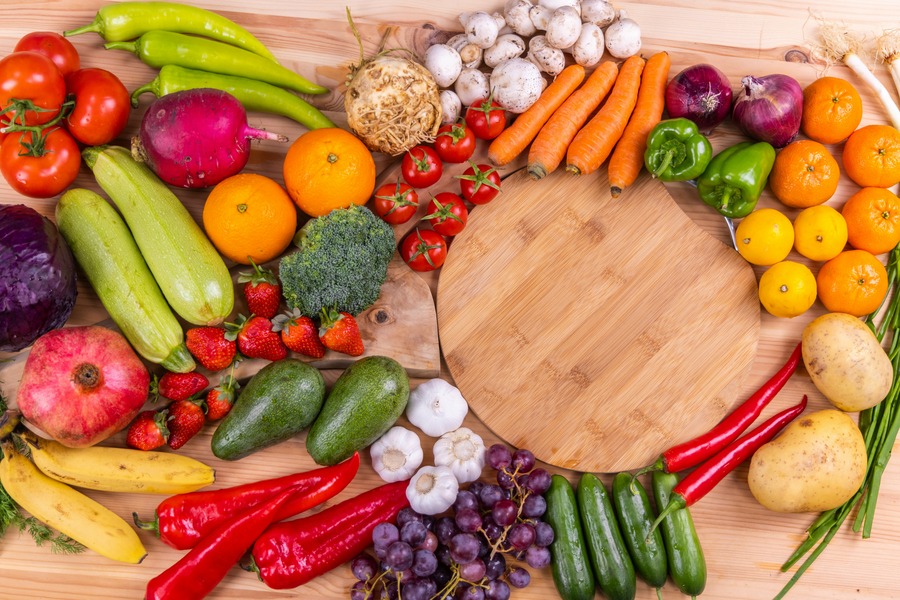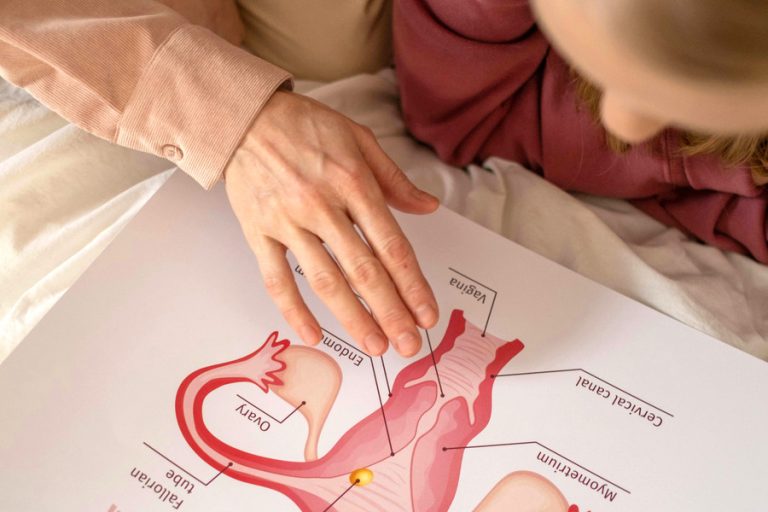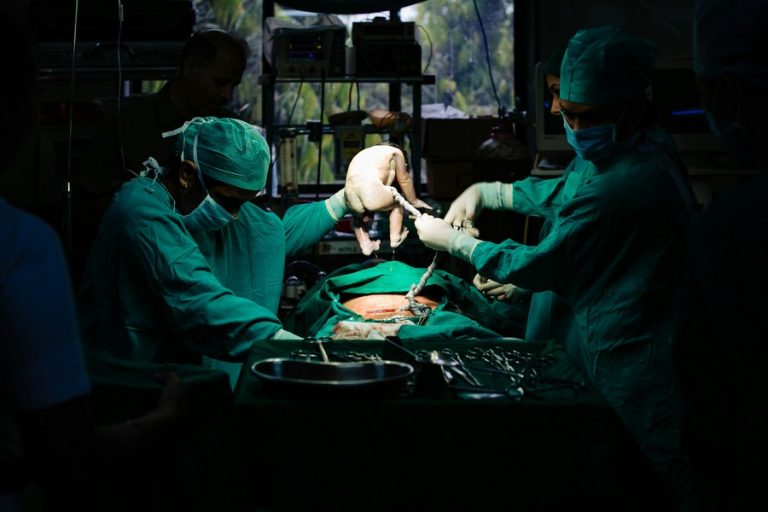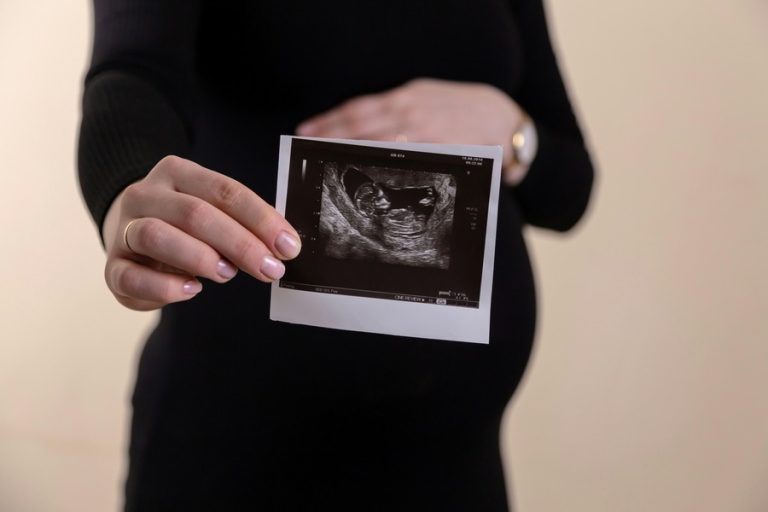Diet for Pregnant Women: Nutrition for a Healthy Pregnancy
A healthy diet is one of the most important foundations of a healthy pregnancy. What a woman eats during pregnancy not only supports her own well-being but also provides the essential nutrients her baby needs for growth and development.
Good nutrition helps reduce complications, supports healthy weight gain, and ensures both mother and baby thrive.
Why Diet Matters in Pregnancy
During pregnancy, a woman’s body works harder than ever—supplying nutrients, oxygen, and energy to the developing baby. Eating a balanced diet:
Supports the baby’s brain, bones, and organ development.
Reduces the risk of birth defects.
Helps maintain healthy blood sugar and blood pressure.
Prevents anemia and other nutrient deficiencies.
Improves energy levels and supports healthy weight gain.
Key Nutrients for Pregnancy
1. Folic Acid
Essential for preventing neural tube defects in the baby.
Sources: leafy green vegetables, citrus fruits, beans, fortified cereals, supplements.
2. Iron
Needed for increased blood supply and to prevent anemia.
Sources: lean red meat, chicken, fish, lentils, spinach, fortified grains.
Tip: Pair with vitamin C-rich foods (like oranges) to boost absorption.
3. Calcium
Helps develop the baby’s bones and teeth.
Sources: milk, yogurt, cheese, fortified plant-based milks, leafy greens.
4. Protein
Supports growth of baby’s tissues and placenta.
Sources: lean meats, poultry, fish, eggs, beans, tofu, nuts, dairy.
5. Omega-3 Fatty Acids
Important for brain and eye development.
Sources: salmon, sardines, chia seeds, flaxseeds, walnuts.
6. Vitamin D
Supports bone health and immune function.
Sources: fortified dairy, fatty fish, sunlight exposure.
7. Fiber
Helps prevent constipation, a common pregnancy concern.
Sources: whole grains, fruits, vegetables, legumes.
8. Hydration
Staying hydrated supports circulation, amniotic fluid levels, and digestion.
Aim for 8–10 glasses of water daily.
Foods to Eat During Pregnancy
Fruits and vegetables – provide vitamins, minerals, and fiber.
Whole grains – brown rice, oats, quinoa, whole wheat bread.
Lean protein – chicken, fish, beans, lentils, tofu.
Dairy or fortified alternatives – for calcium and protein.
Healthy fats – avocado, olive oil, nuts, seeds.
Foods and Drinks to Limit or Avoid
Raw or undercooked seafood, eggs, or meat – may carry harmful bacteria or parasites.
Certain fish high in mercury – such as shark, swordfish, king mackerel.
Unpasteurized dairy and juices – risk of foodborne illness.
Processed and junk foods – high in sugar, salt, and unhealthy fats.
Caffeine – best to limit to 200 mg/day (about one 12 oz cup of coffee).
Alcohol – should be completely avoided during pregnancy.
Healthy Eating Tips for Pregnancy
Eat small, frequent meals to manage nausea and heartburn.
Keep healthy snacks like fruits, yogurt, or nuts on hand.
Take prenatal vitamins as recommended by your doctor.
Plan balanced meals with a mix of protein, fiber, and healthy fats.
Listen to your body’s hunger and fullness signals.
Weight Gain in Pregnancy
Healthy weight gain varies depending on pre-pregnancy weight. On average:
Underweight women: 28–40 pounds
Normal weight women: 25–35 pounds
Overweight women: 15–25 pounds
Obese women: 11–20 pounds
Your doctor will help guide healthy weight goals throughout pregnancy.
Final Thoughts
A balanced diet during pregnancy provides the building blocks for your baby’s development and keeps you strong and healthy. By focusing on nutrient-rich foods, staying hydrated, and avoiding risky items, expectant mothers can promote a safe and healthy pregnancy.
Every woman’s needs are unique, so it’s important to work closely with a healthcare provider or nutritionist for personalized guidance.







